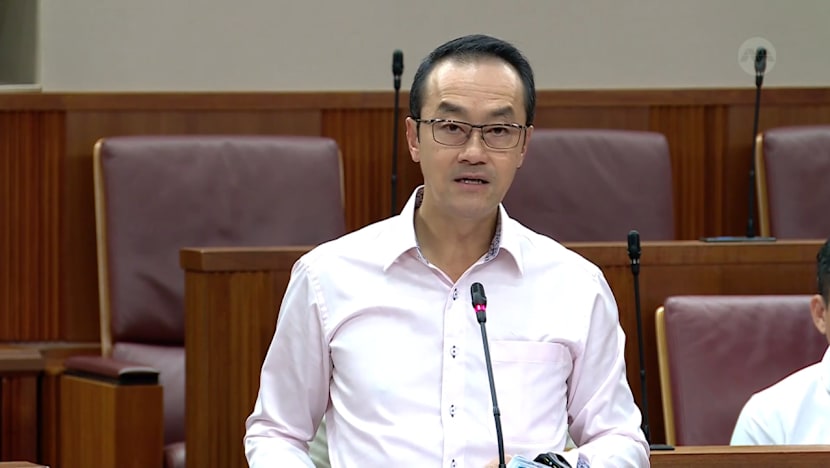And "excessive" enforcement action has a "side effect" as well, added Mr Koh.
For instance, he pointed out that each check could take close to 10 minutes.
"In that process, there is a bottleneck created. The rest of the workers cannot go, they have to wait until we check through all of them before they can go ahead and do the delivery," he added.
"So there is a problem with them meeting their delivery timelines, and the consumers at the other end, waiting for the food to arrive, will also have delays receiving their food. So there is a cost that the system has to bear, and a lot of inconvenience for the workers themselves and to the consumers. So we have to take a very balanced and calibrated approach."
Mr Singh also asked if MOM intends to track the number of foreigners from outsourced companies involved in the food delivery space.
In response, Mr Koh said that there are operational considerations making it "difficult" to do so.
"The outsourcing of work from platform operator to a third-party logistics company is a B2B (business-to-business) arrangement and it could be dynamic," he said.
"They can change a partner, how they want to outsource the work ... on a month-to-month, maybe even on a year-to-year basis, so it is probably difficult to at any point in time have a very accurate sizing. And it will increase a lot of administrative burdens on companies to report any change in their contractual agreements as they perform their work."
He added that in this sector, there are also restaurants which legitimately employ foreigners under their work quotas to do deliveries.
"This is a very variegated landscape. What it needs to do is to allow the companies to make some decisions that allow efficiency of service, that brings benefits both to the company and to the consumers so that the actual services can be delivered in a timely fashion, as far as food orders are concerned."


























